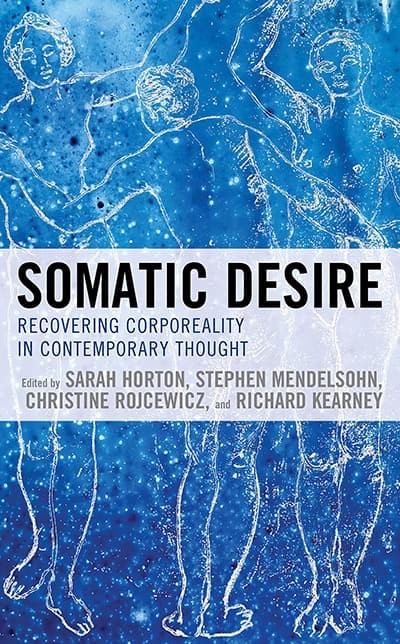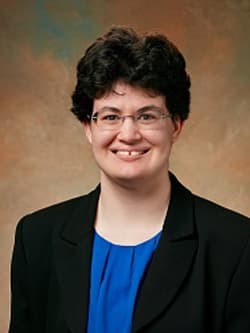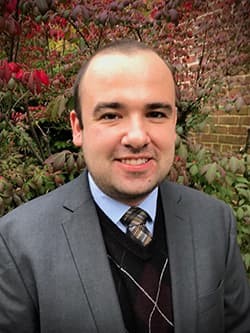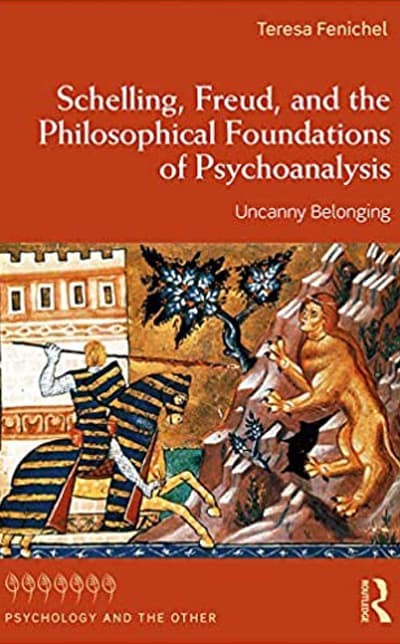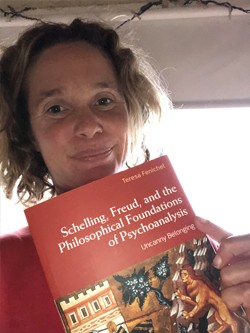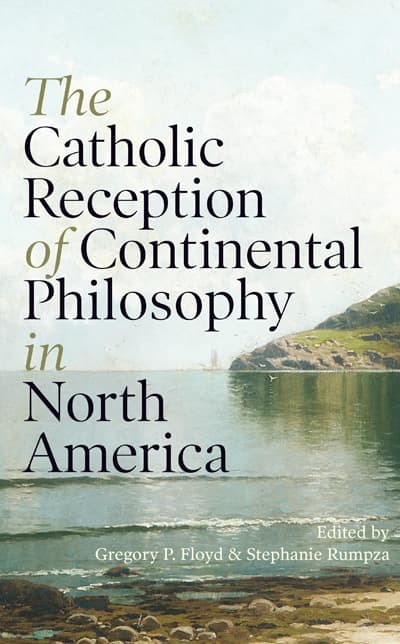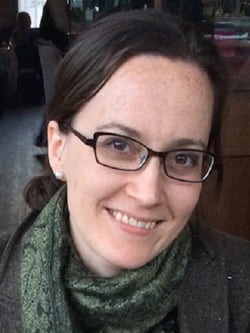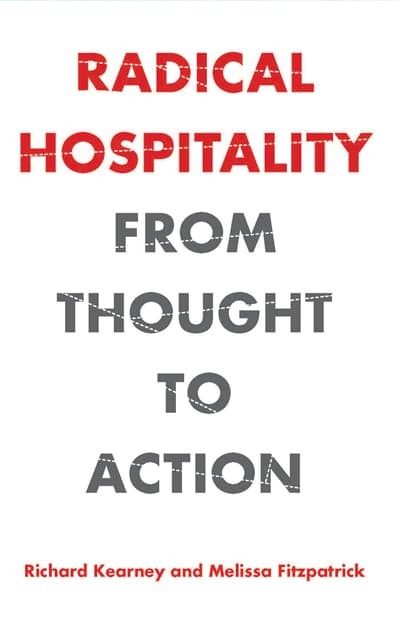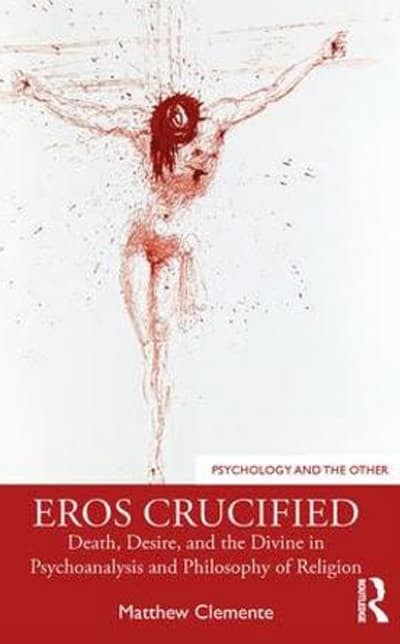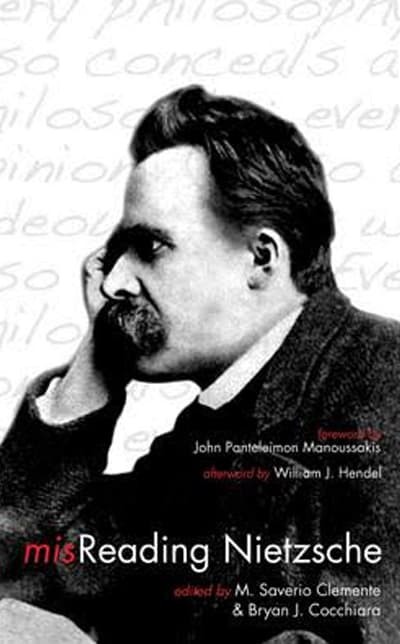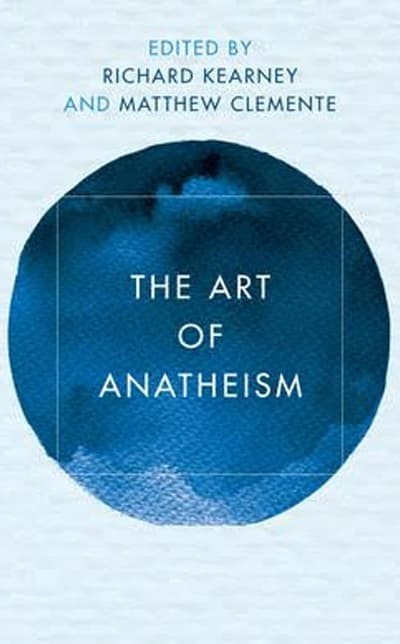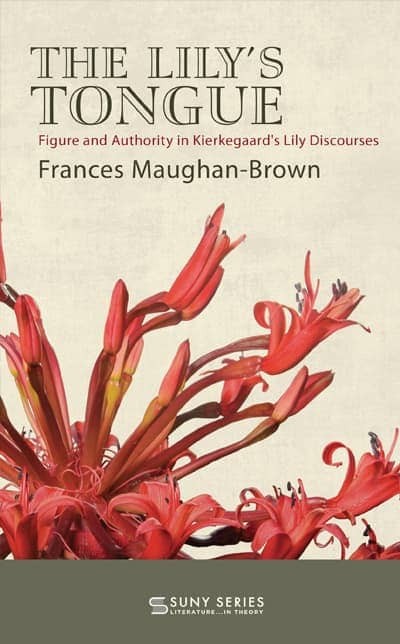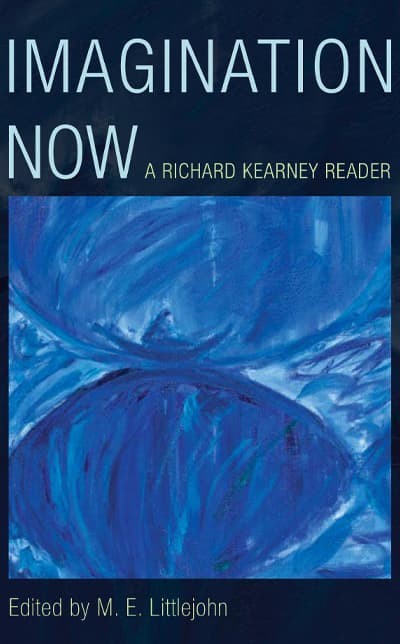Graduate
The Philosophy Department offers multiple degree programs with an extensive and diverse range of courses every semester. They cover the history and problems of philosophy, allowing for concentration in the following areas: Ancient Philosophy, Medieval Philosophy, Modern Philosophy, Phenomenology and Contemporary Continental Philosophy, Ethics, Social and Political Philosophy, Philosophy of Law, Philosophy of Religion, Epistemology, and Philosophy of Science.
Academics & Research
The department is linked to internationally and nationally known research centers such as the Lonergan Institute, and is home to several scholarly journals. Furthermore, each year the department hosts many speakers from the US and abroad (through its own lecture series or consortiums such as the Boston Area Colloquium in Ancient Philosophy), and invites a prominent scholar to be the Gadamer Visiting Professor to teach for four to six weeks.
In addition, students may take appropriate graduate level courses in other departments of Boston College (e.g., Political Science, Theology), and may avail themselves of Boston’s wider intellectual offerings thanks to Boston College’s participation in the Boston Area Consortium, which allows them to cross register for one course per semester at Boston University, Tufts University, or Brandeis University. By application, they also can participate in The Graduate Consortium in Women's Studies and in the Boston Theological Institute.
Funding
100%
Our department's policy is to offer students admitted to the doctoral program full funding each year.
Where Are They Now?
We have a proud record of success with our doctoral graduates - excellent academic placements, distinguished book publications, major scholarly grants and awards and directorships of international NGOs, Non-Profits and other humanities projects. We invite you to join our on-going faculty research projects.
Contact Us
For specific questions about the Philosophy department's graduate programs please contact the Graduate Program Assistant, Christopher Hanlon. All other requests on the application process should be made to the Graduate School at the Morrissey College of Arts and Sciences.


